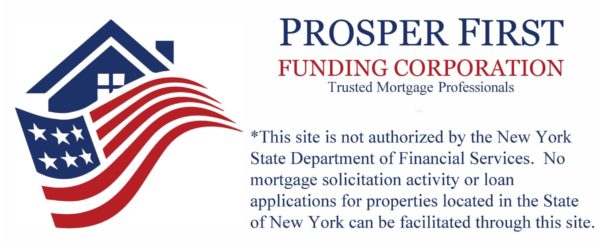Those in the business of mortgages often throw around terms like they’re no big deal—FHA, reverse, balloon, government-backed, conventional. Though you might recognize that they’re all loan types, the particular differences between each might evade you.
So for all of the normal folk out there who need a refresher course, let’s start with the basics. Determining the differences between government-backed loans and conventional loan types will help you decide which loan is best suited for you and your family. Read on to understand these different loan categories so you too can start throwing around mortgage terms like a boss.
Government-Backed Loans
Government-backed loans are just that—loans that the government issues and are a type of federal assistance. This includes the FHA (Federal Housing Administration) insured loan which has become quite popular in the past years.
Because they are a form of federal assistance, government-backed loans tend to be easier to qualify for and require a lower down payment than conventional loans. Those who don’t have a lot of money to put down up front tend to gravitate towards these loans because it allows them to achieve their dream of homeownership in a time in life that cash isn’t necessarily plentiful. However, because of the higher assumed risk with such loans, FHA loans require a higher interest rate generally speaking than conventional loans.
Furthermore, those who choose an FHA loan must pay mortgage insurance which can increase monthly payments. However, despite some higher rates, many young homebuyers and first-time homebuyers will find that the flexibility of government-backed loans provides the perfect choice for their financial situation.
Other government-backed loans may be offered by the Department of Veteran Affairs for those in the military and the Department of Agriculture for rural homebuyers. These loans are catered towards very specific home buyers. If you are interested to see if you qualify for either, more information can be found on the respective government websites.
Conventional Loans
Conventional loans are issued by a lending institution like a bank which assumes the risk of the loan instead of the government. Because of the assumed risk, conventional loans require higher credit scores, and higher down payments than government-backed loans.
What’s great about conventional loans, though, is that they are highly customizable for your needs—do you want to pay off your home in 10 years? If your credits score is good enough and if you’ve got a sizeable down payment, your lender might be able to help you out! Furthermore, mortgage insurance is less common in conventional loans than in government-backed loans (remember, this still depends on the size of the down payment). It could mean, however, that your monthly payment is less.
Also, conventional lenders may offer their loans for virtually any type of property. Some properties will not be covered by government-backed loans.
Everyone has a unique loan situation. Understanding the different categories of loans will help you choose what is right for you—so talk to your loan specialist today to crunch the numbers and get expert advice on your mortgage needs.
My husband and I are looking at a house that has an HOA, but we never lived with one before so we are curious to know if there are benefits to having one. I liked how you pointed out that one good thing is that they will provide a landscape company to help with the yard work. It will be great not having to worry about spending all of our time doing it, but having it still look nice.
Very nice love the colors
I would love to have a tiny home to live in! It seems more manageable and affordable. The Hiatus in Oregon is beautiful. I love the wood floors. can you put a tiny house on any property? Thanks for the inspiration and information!
I have a home in Stamford CT and I am looking for someone to assume my mortgage. Not sure if you are interested in something like this based on what I saw on your website. Eric
Is it possible to buy a first home with a 580 credit score? The house is in Groton ct and is only $90,000
